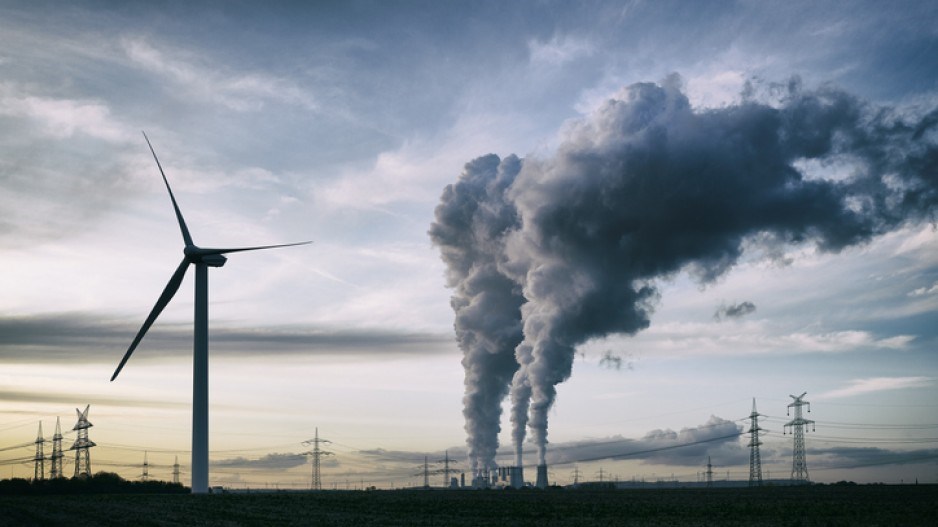Are governments and political leaders losing their nerve when it comes to taking strong action to fight climate change?
The latest example of a government hitting the panic button in the wake of public backlash came from British Prime Minister Rishi Sunak, who recently announced a major reversal of his government's environmental policies in the wake of his party sinking in public opinion polls.
In announcing a series of rollbacks on a host of climate measures, Sunak said a new approach based on pragmatism — and not one that would "impose unacceptable costs of hard-working British families" — was now the desired course of action.
Closer to home, federal Conservative leader Pierre Poilievre continues to make getting rid of the carbon tax the center piece of his pre-election campaign. "Axe the tax" is his mantra, and it is one that seems to be resonating with voters as right now, Poilievre's party would more than likely form government if an election were held anytime soon.
A few months ago, the Alberta government, still gun shy about doing anything to hurt its oil and gas sector, hit the pause button on any new renewable energy projects.
Even though Alberta had become one of the leaders in establishing wind and solar projects, the government slapped a six-month moratorium on approving any new ones as its rural voter base largely opposed them.
When it comes to the carbon tax, of course, the governments of Alberta, Saskatchewan and Manitoba all oppose the concept.
And then there is Atlantic Canada, where the carbon tax is a fairly new thing. A clue of where the public's head is at on this issue may be found in a provincial byelection in Nova Scotia over the summer, where the Progressive Conservatives won a traditionally strong Liberal seat in a landslide in a contest where the carbon tax figured prominently.
When the federal Liberals won the 2019 election, some observers felt the carbon tax concept — opposed by the Progressive Conservatives in the campaign — was the big winner because it showed voters supported it.
Today, I'm not so sure the tax — or many other measures designed to make it more expensive to consume fossil fuels — is as popular with the electorate, which is feeling the pinch from a rising cost of living not felt in decades.
Poilievre and his party have been condemned by their political opponents and many environmentalists for lacking a plan to tackle climate change. To which the Conservatives essentially reply: "So what?"
Whether it is crass, cynical opportunism or simply good politics, Poilievre is betting Canadians do not want to keep paying more and more at the pump or to heat their homes (even though the federal government also has an extensive climate action incentive plan) and so is demanding an end to taxing carbon.
Of course, the carbon tax has been around the longest in B.C. and for years was the highest in the country. So far, neither the NDP nor the B.C. United Party has displayed any desire to get rid of it (no doubt the fact it contributes almost $3 billion to the provincial treasury has something to do with that reticence).
However, as it continues to go up every year — it will add 26 cents to a litre of gasoline by the end of the decade — and as there is scant evidence that greenhouse gas emissions are dropping as a result, it is worth asking how long politicians of all stripes will stay attached to it.
Fighting climate change can exact a steep price on the consumer. Politicians seem to be increasingly nervous about that.
Keith Baldrey is chief political reporter for Global BC.



